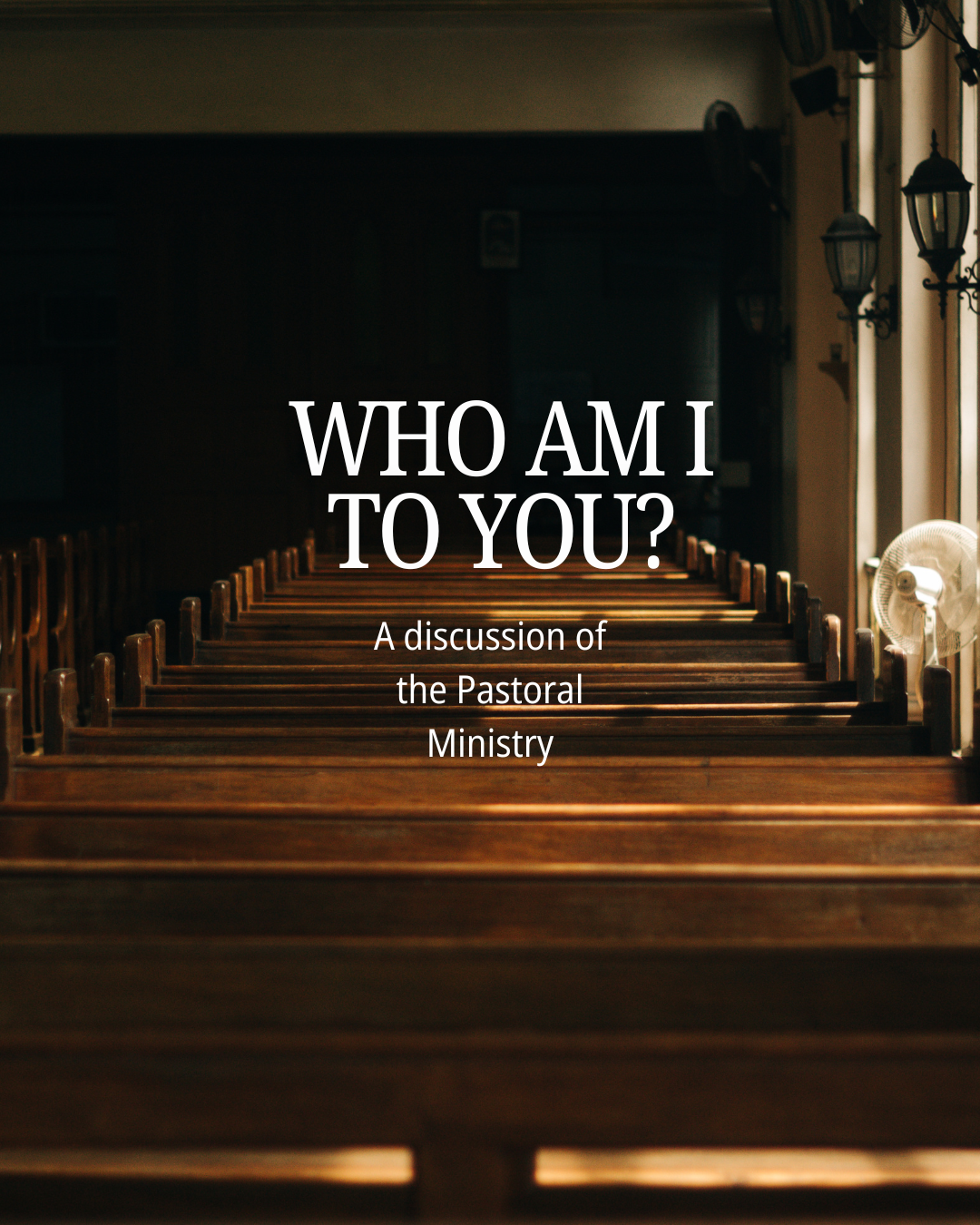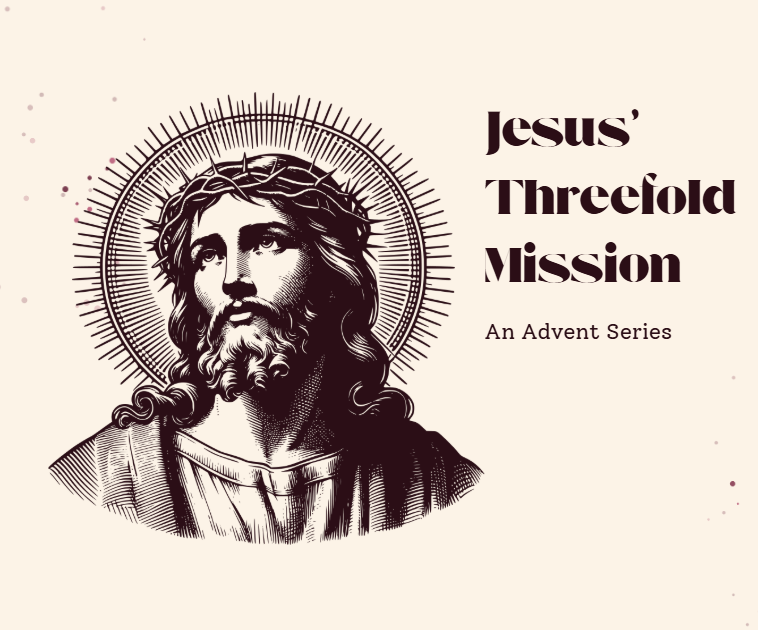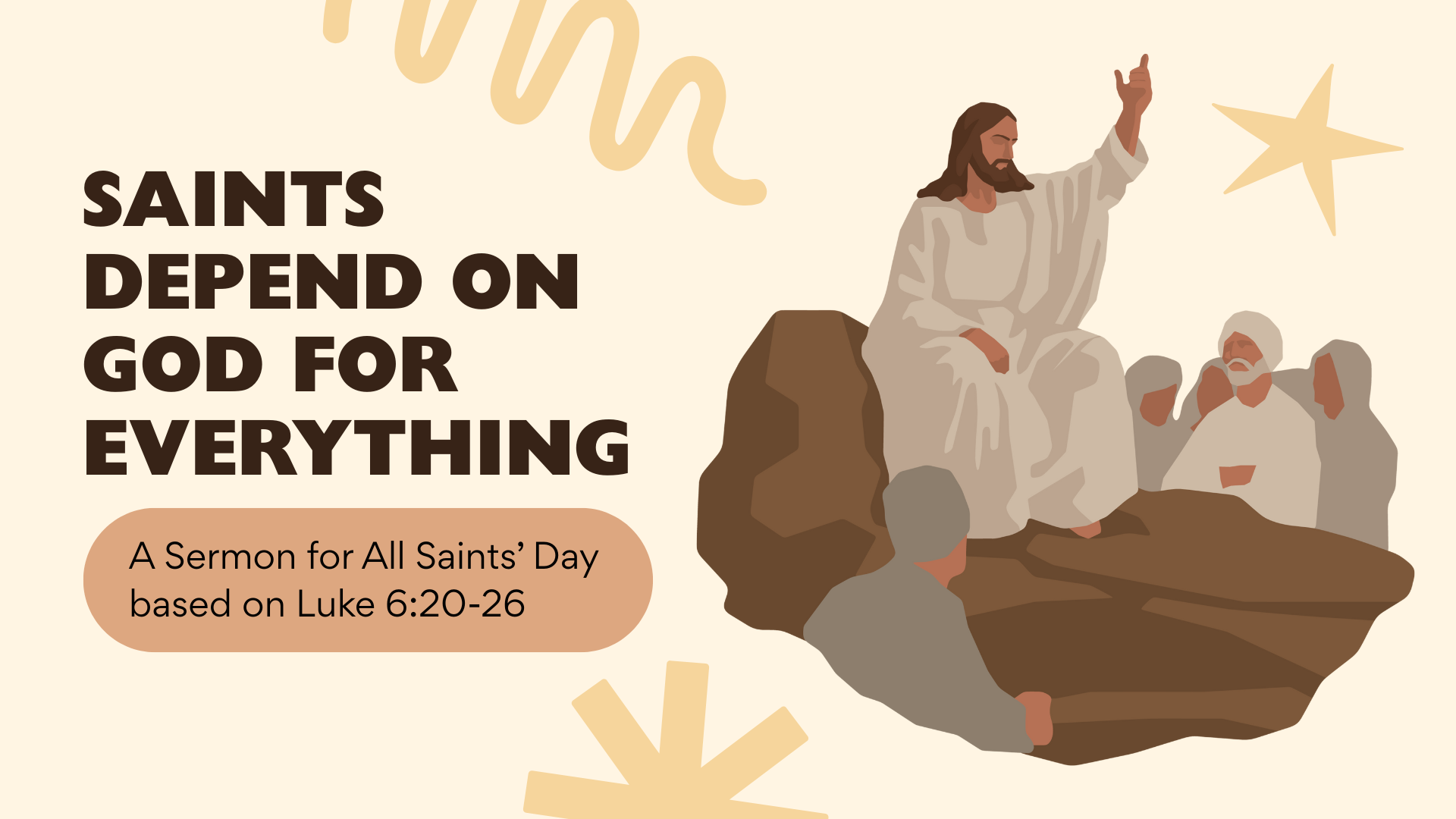Who Am I to You? (A Discussion of the Pastoral Ministry)

Sometimes, people aren’t sure what to call me. And that’s fine. I will answer to “Pastor Cherney,” “Pastor Mike,” and even just “Mike,” without any issue. Why people call me what they do has various possible explanations. For some, “Pastor Mike” is a simple way to get out of trying to pronounce my last name. For others, “Pastor Cherney” rings with the formal respect they were taught to show clergymen. Still others enjoy the familiarity of calling me “Mike,” just as they would call their doctor, “Vanessa,” and their boss, “Rolando.” And while I still am given pause whenever someone calls me “Reverend Cherney,” it’s all the same to me. But if people ask me, “What should I call you?” I usually tell them, “I like being called ‘pastor,’” Does that sound like a power play? It is not meant to be. Here’s why:
Far more important than getting the title correct, we must understand the pastor’s role in your life (you and I both!). But sometimes there is confusion about this. Is the pastor the CEO of the congregation? Is he the members’ coach in spiritual matters; their cheerleader in Christian living? Is the pastor a servant to the congregation, its leader, or some combination of both? Is the pastor the resident psychological counselor? Is the pastor the chief social activist? Is the pastor a public relations officer for the congregation or for Jesus? Should the pastor run a church like a general manager of a Target, or like a “Mom and Pop” bakery shop? Is a church like a family, and the pastor is the dad?
In individual churches across the globe, the pastor says “yes” to one of those questions. And every example can be found. It almost seems like no two churches are alike, because no two pastors are alike. Each one of us seems to take a slightly different approach to leadership, teaching, counseling, decision-making, and community engagement. Is this a bad thing? Not necessarily. Only when the pastor and his personality take precedence over the power of the Word have we run off-course (that was my attempt at alliteration).
Pastors and churchgoers alike absolutely must anchor their view of the pastor’s role in what Scripture says. Here are three considerations to ground your understanding of what your pastor is to you that are based on Scripture.
#1 Every church member is a missionary (not just the pastor). This first fact clarifies what the pastor is not. The pastor is not the only evangelist, the only public relations officer for Christ, that a church has. He is certainly not the only one called to have the kind of compassion for others that drives one to share God’s Word with them, whether they are strangers to the faith or straying from it. That call was given to all Christians by Christ (see Matthew 28:19-20, Matthew 18:15-20, John 20:22-23). That is why Scripture calls all believers “priests” (1 Peter 2:9, Revelation 1:5-6) –representatives of God’s love to the world in speech and deeds. In some respects, what the pastor is called to do will look exactly like what every Christian should do (love and serve people by sharing Christ with them), just in a more formal and public way.
#2 Jesus wants his church to be shepherded by leaders. When the Apostle Paul gave his tearful goodbyes to the church leaders in Ephesus, he gave them this charge, “Keep watch over yourselves and all the flock of which the Holy Spirit has made you overseers. Be shepherds of the church of God, which he bought with his own blood” (Acts 20:28). If there’s any passage from which we got the term “pastor” this is a major one. Paul says that it’s the Holy Spirit that has charged these individuals to the oversee the flock. They are called to shepherd them. Since the word “pastor” means “shepherd,” it becomes the primary metaphor for what a pastor is to the congregation: a loving shepherd guiding them in the right direction; a caring leader called to tend to them and oversee them. Passages like 1 Timothy 3:2 and Titus 1:9 show that the way a pastor does this is by teaching the Word of God. A church may need its windows washed and the carpets vacuumed, and while a pastor certainly can do these things, his role as a shepherd has to do with ministering with the Word and Sacraments.
#3 Shepherds ensure the church maintains healthy order. It’s true that every member is a missionary, and every member has the calling to be Christ’s witnesses to the world. It’s also true that when the church assembles for worship and ministry, leadership is a blessing. When you arrive at church to attend service, you don’t have to wonder who will jump up and start preaching and what their qualifications are. When a child is born in your family, you don’t have to wonder whom to call to inquire about baptizing them. This is the point Paul makes in passages like 1 Corinthians 12:27-30, 1 Corinthians 14:33, 1 Corinthians 14:36-38, and 1 Corinthians 14:40. When the church gathers together in worship, study, and outreach efforts, a qualified and called public minister leads the way so that you may be blessed. Our church body (the WELS) ensures qualified pastors are meeting the needs of congregations worldwide by requiring many years of study of Scripture before they take up this important task. Passages like 1 Timothy 3:1-13 and Titus 1:5-9 make clear that not just anyone should be called into leadership, but only those who have been tested, educated, and qualified for it. Could a non-pastor lead worship? Could a non-pastor preach? Could a non-pastor conduct a Bible study? Could a non-pastor baptize a baby? Absolutely. There are many ways in which members can get involved in the public ministry that would be God-pleasing. There are some hypothetical situations that might be permissible, but of questionable practical value (like making a church leader write and preach a sermon). There are some situations that might seem appropriate, but would actually be harmful (like a churchgoer recruiting other members to their home Bible study without the pastor’s knowledge.) The rule that governs these cases is: maintaining good order for the sake of the whole church.
If any of the above has sounded like a power-trip; like I’m trying to assert my dominant authority over you, the reader, I sincerely apologize. This is not my intention. It is not Jesus’ desire that pastors dominate their flock with tyrannical authority. Nor is it his will that pastors steer their flocks according to their own charisma and personality. The pastor is foremost a sinner-saint just like everyone else in the congregation. And just like everyone else, he relies on God’s grace constantly. However, also like everyone else, he has a role to play in God’s family.
In our previous devotion, we examined Ephesians 4:11-13, 15. There, we were told that Christ himself established church leaders, not for domination and tyrannical rule, but because the church is his own body (Ephesians 4:15-16). Each part has a crucial role to play. Some are leaders and some are not. Some have prominent, public functions to fulfill (like preaching and teaching). Others participate in private but vital ways (like supporting the ministry generously with offerings and prayers). I would encourage you to read 1 Corinthians 12:12-27. As you do, you will see that no part of this body of Christ is superior to another. We just have different roles.
So, you can call me “Mike,” or “Pastor Mike,” or “Pastor Cherney,” or even “Reverend Cherney” (although that one is still taking some getting-used-to). What you refer to me as is not what’s important. What brings joy to my heart (or WOULD bring joy to my heart if it’s not true yet) is to be your pastor. Not because I’m better or holier than you, but because Christ has given me to you to be your shepherd.
Pastor Mike Cherney







